Violet Kupersmith
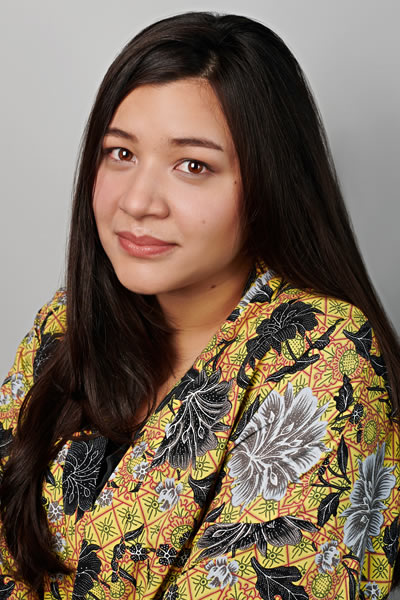
Photo by Adriana De Cervantes

Photo by Adriana De Cervantes

Photo by David E. Lawrence
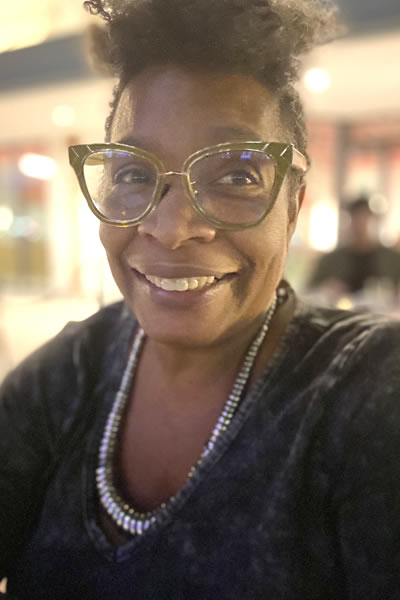
Photo by David Findlay
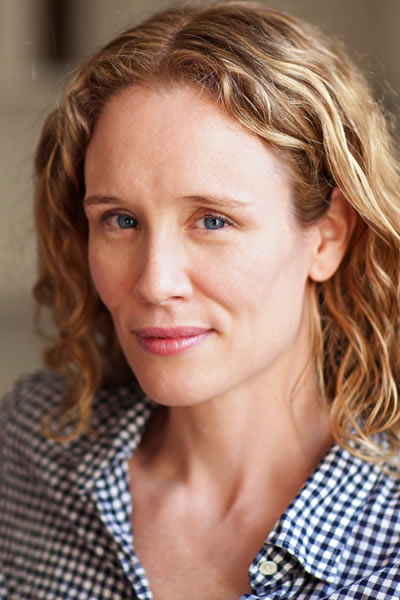
Photo courtesy of Elliott Holt
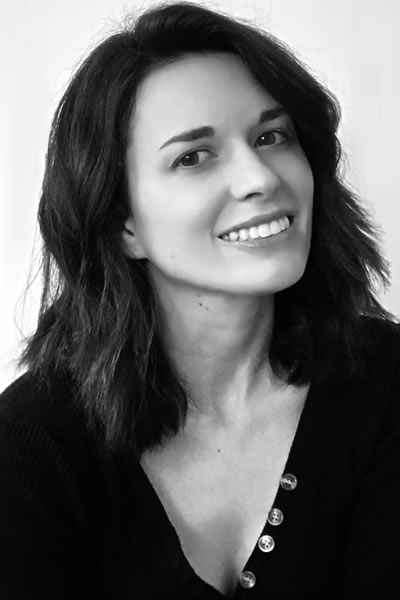
Photo courtesy of Aubrey Hirsch

Photo by Sufia Ikbal-Doucet

Photo by Sequoia Day O'Connell 2021
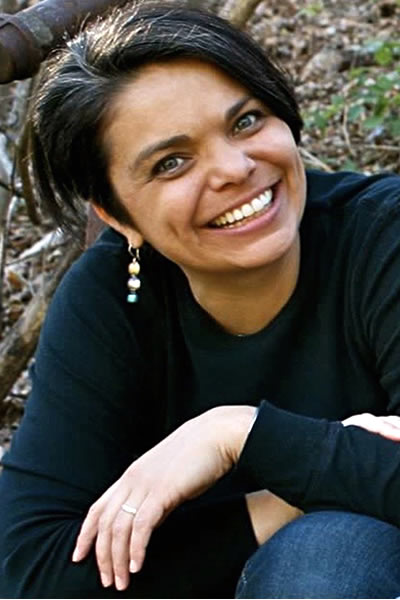
Photo by Valerie Ford Hancock

Photo by Beowulf Sheehan
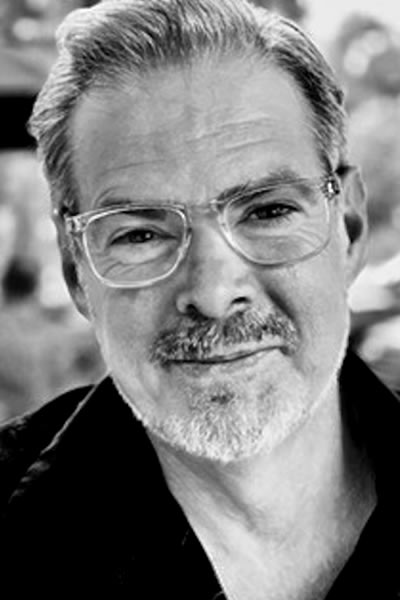
Photo by Tina Griego

